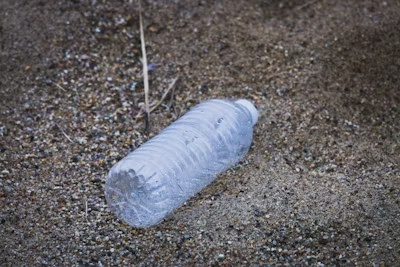
A consortium of leading European organizations, including European Bioplastics, AIMPLAS, TotalEnergies Corbion, Novamont, Corbion, Sulapac, and Kaneka, has launched the ReBioCycle project. This ambitious initiative, led by University College Dublin and BiOrbic Bioeconomy SFI Research Centre, aims to develop and implement new technologies for recycling biobased biodegradable plastics.
The ReBioCycle project focuses on separating and recycling three types of bioplastics: polylactic acid (PLA), polyhydroxyalkanoates (PHAs), and starch-based bioplastics. By re-adapting and upscaling existing sorting technologies, the project aims to demonstrate the feasibility and economic viability of bioplastic recycling at an industrial scale.
Prof. Kevin O’ Connor, coordinator of the project, expects that the “ReBioCycle will scale up and demonstrate biobased biodegradable plastics recycling technologies. Biobased biodegradable plastics can be kept in the material cycle for as long as possible through innovative recycling technologies, thus demonstrating that end-of-life biobased biodegradable plastics can be used in the circular bioeconomy.”
The project will also contribute to the development of a European blueprint for circular bioplastics, providing valuable insights into the state-of-the-art recycling technologies and their potential impact on the bioeconomy. This blueprint will support the implementation of EU policies such as the Bioeconomy Strategy, the Circular Economy Action Plan, and the future Packaging and Packaging Waste Regulation.
By working together, the consortium partners aim to accelerate the transition to a circular economy and ensure the sustainable future of bioplastics.
Swanwick House, 22 Towcester Road, Old Stratford, Milton Keynes, MK19 6AQ, UK
© 2025 Project Management Global. All rights reserved | Privacy Policy